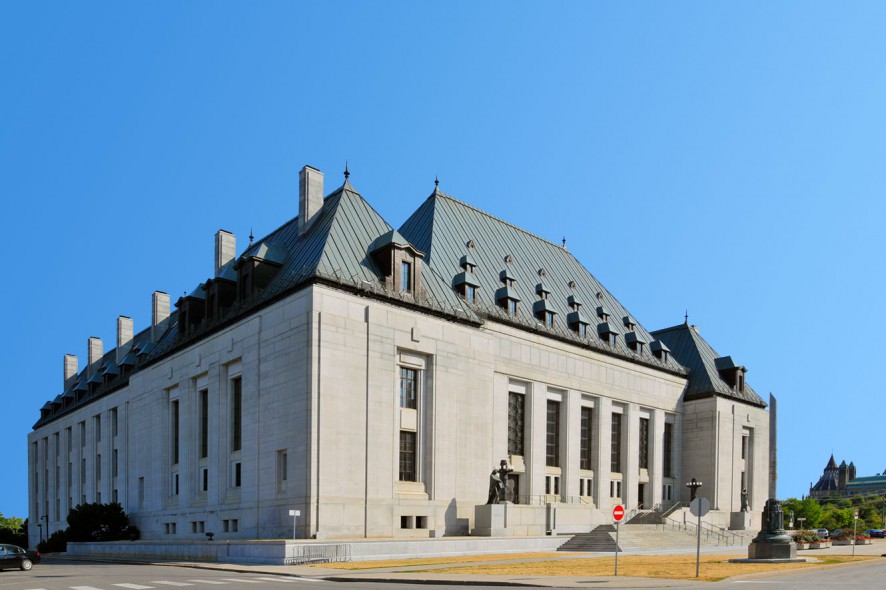Supreme Court of Canada: The Court recently dealt with a very interesting question in the ambit of right to privacy. The question of law to be addressed by the Seven Judges Bench was whether there can be a reasonable expectation of privacy in text messages even after they have been sent and received and another important question in the appeal was whether the guarantee against unreasonable search and seizure in Section 8 of the Canadian Charter of Rights and Freedoms can ever apply to such messages.
The case in hand involved text messages regarding illegal transactions in firearms and police in pursuance to enquire the same, obtained a warrant to search the homes of the two individuals involved in the case, seizing their phones and accessing incriminating text messages. With regard to this, the lower court ruled that one of the warrants was invalid and that the messages obtained from the phone in that house could not be used as evidence. The court explained that the messages from the sender’s phone could not be used as evidence but the same messages found on the recipient’s phone were fair game.
However, majority of the Supreme Court Judges did not agree with the lower court’s ruling and instead, ruled that text message conversations can attract a reasonable expectation of privacy (though it will not always do so). C.J. McLachlin explained that text messages are not only ‘private communications’, but also ‘electronic conversations’ which further include not only the existence of conversation, but also the identities of the participants, the information shared, and any inferences about associations and activities drawn from it. She went on to explain the very purpose of Section 8 of the Charter stating that the ‘zone of privacy’ must be protected from the State intrusion and concluded that therefore, “it is reasonable to expect these private interactions — and not just the contents of a particular cell phone at a particular point in time — to remain private.”
However, the Judges dissenting in the judgment reasoned that though text messaging undoubtedly is ‘private’, but their only concern was that granting standing in such circumstances would unduly minimise the role of control in the privacy right and would definitely expand the scope of people who can bring their case under Section 8 Charter challenge further leading to complex and long cases. [R v. Marakah, 2017 SCC 59, decided on December 8, 2017]







